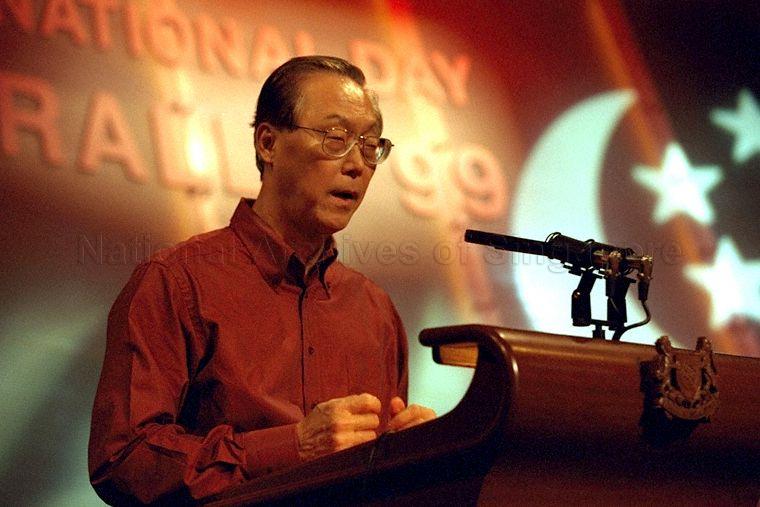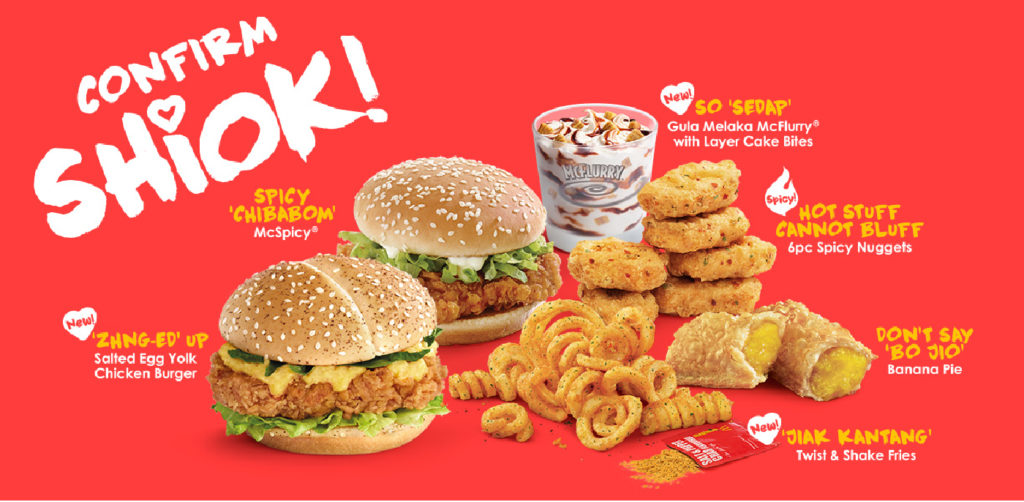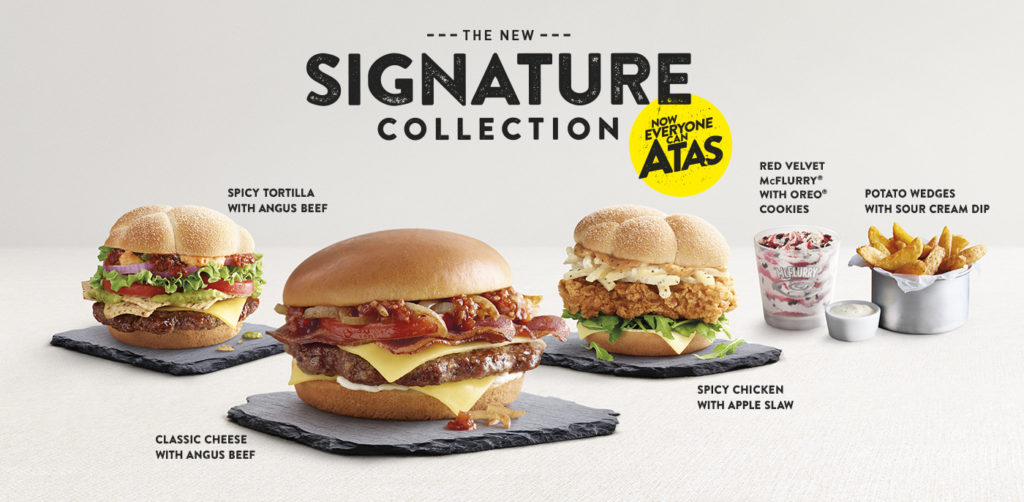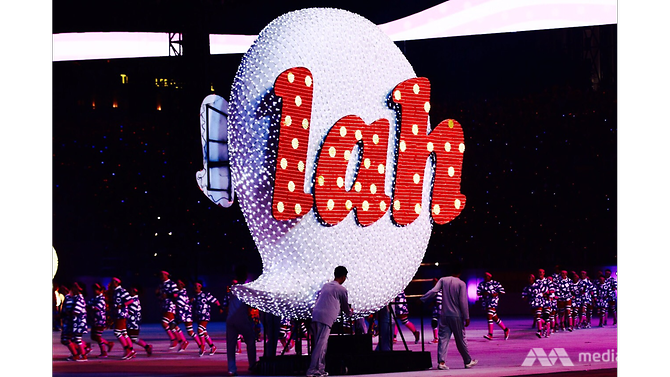(These are a set of notes and fragments for an essay I intend to write about Singlish)
Let’s take a minute to go back to 1999. It seems like such a quaint time, on retrospect. The Euro was established. Bill Clinton was the POTUS, and Columbine shootings shocked the world, Napster and MSN Messenger make their debuts. ExxonMobil becomes the largest corporation in the world. Stanley Kubrick died. The cinemas brought us Fight Club, The Matrix and Austin Powers. And Singapore Prime Minister Goh Chok Tong chided Phua Chu Kang for being a bad influence on children.

Almost 20 years later, and wow, so much has changed.
Times have changed. Today, when you’re driving to the airport you see Huat and Lah on the signage. Mcdonald’s has “makan” on Filet-o-Fish boxes.
DBS PayLah.
What happened? What’s changed?
The Government’s official stance on this hasn’t changed very much.
- Smart-alecky t-shirts. KNNBCCB. Opened the floodgates. Eh sia la, uh uh siol.
- Singaporeans realize you don’t have to be one or the other. We don’t need to pretend to be in love with Colonial…. We can be articulate AND ah lian, thank you very much.
- There’s more to it than meets the eye, though. Why are Singaporeans sudenly so patriotic, so nationalist? I was just a child in the 90s, but it seemed like those were simpler, happier times. People seemed to smile more and laugh more, fight and bicker less. Maybe it’s just a media thing– we now get to see the worst (and best, though!) of ourselves repeatedly on our screens, over and over.
- Foreigners. Foreign talent. Foreign trash. Ah tiongs. Banglas. Pinoys. There are times and places in Singapore where you can stand around and not hear a single word of English. (This happened to me while I was waiting for a friend at I think Aljunied MRT). And sometimes it happens on the train.
–
Not everyone has a Ph.D. in English Literature like Mr. Gwee, who can code-switch effortlessly between Singlish and standard English, and extol the virtues of Singlish in an op-ed written in polished standard English.
It’s impossible to imagine Jack Kerouac’s On the Road in the language of the White House, for example. And nor would one want to wade through White House reports written in the fractious language of the Beats.
- Speak Good English Movement
- 2013 – Grace Teng’s answer to Why don’t Singaporeans speak proper English?
- http://www.theonlinecitizen.com/2014/10/21/speak-good-english-movement-unfairly-targeting-singlish/
- BBC – The Rise Of Singlish [2015]
- Straits Times – No Penalty For Using Singlish Appropriately
- http://themiddleground.sg/2016/06/03/singlish-not-enemy/
- The Singlish Language Reflects the Power of My People
- Talk Dirty To Me (In Another Accent) [2016]
- Redditors of Singapore, do you think Singlish is uncultured? [2016]
- Alfian Saat – Singlish [2017]
- Talk



